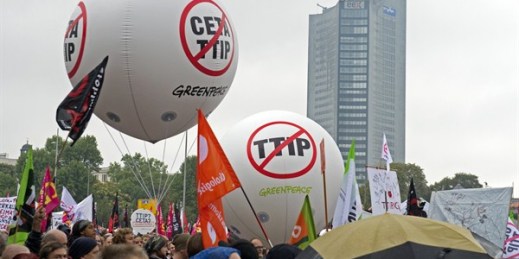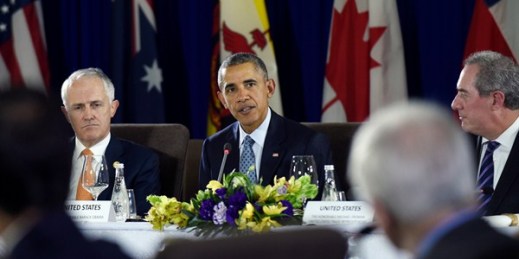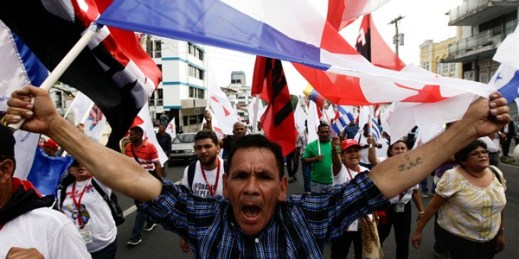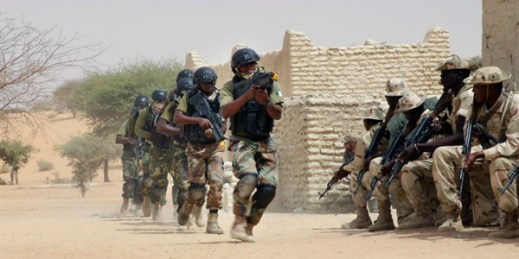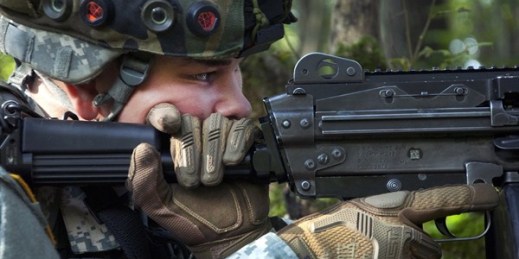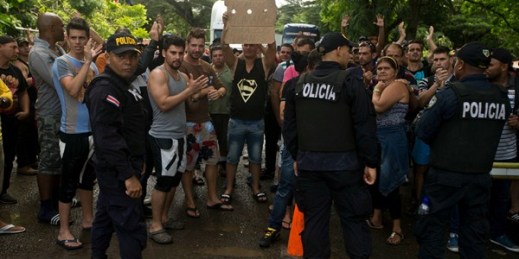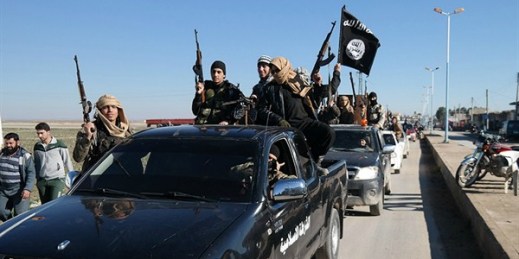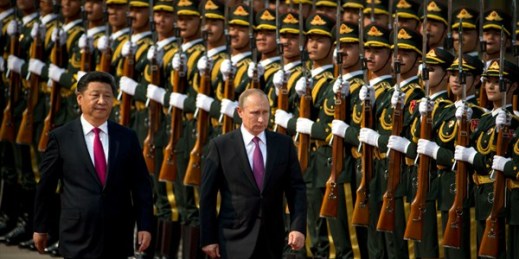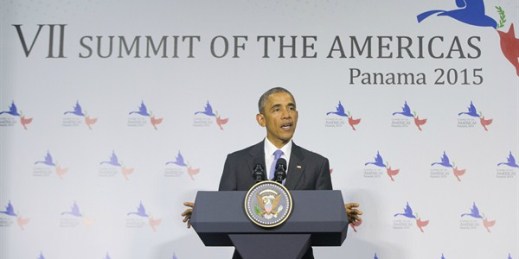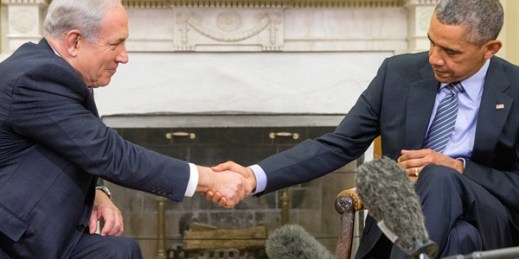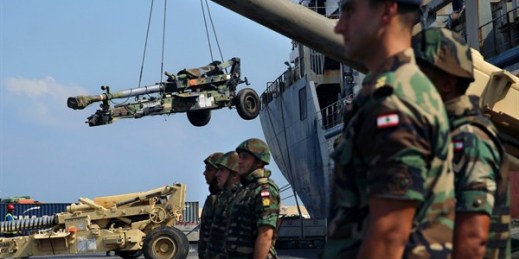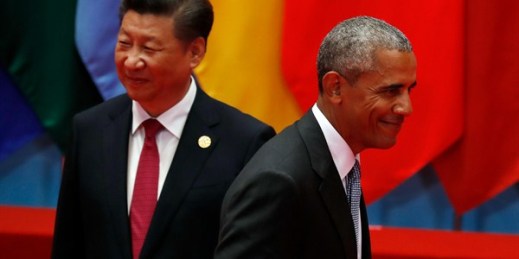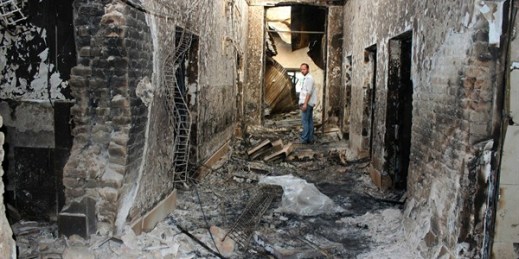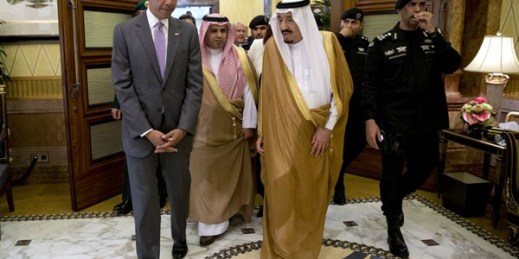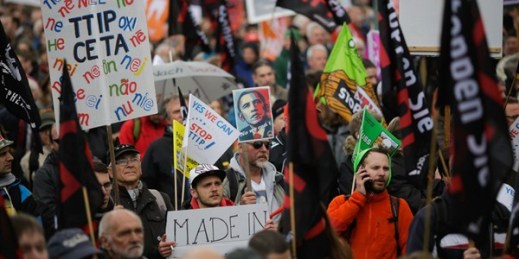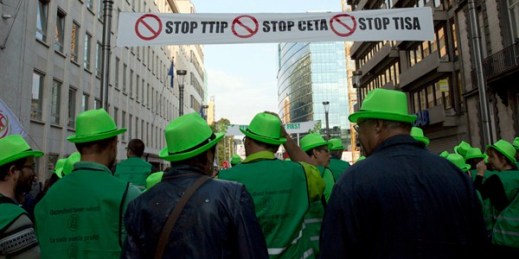
From protectionist rhetoric in the U.S. presidential campaign and the Brexit referendum to worldwide protests against the Trans-Pacific Partnership (TPP) and Transatlantic Trade and Investment Partnership (TTIP), free trade is in a political rut. Concerns about income inequality, job loss and capital flight have deepened the sentiment that globalized trade benefits elites at the expense of everyday citizens. But that’s not necessarily the case. World Politics Review’s 10-article compilation helps to contextualize the debate. The following articles are free for non-subscribers until Oct. 13. The Case For and Against Free Trade Liberalized Trade Is Under Attack. Can It Be Saved? […]

